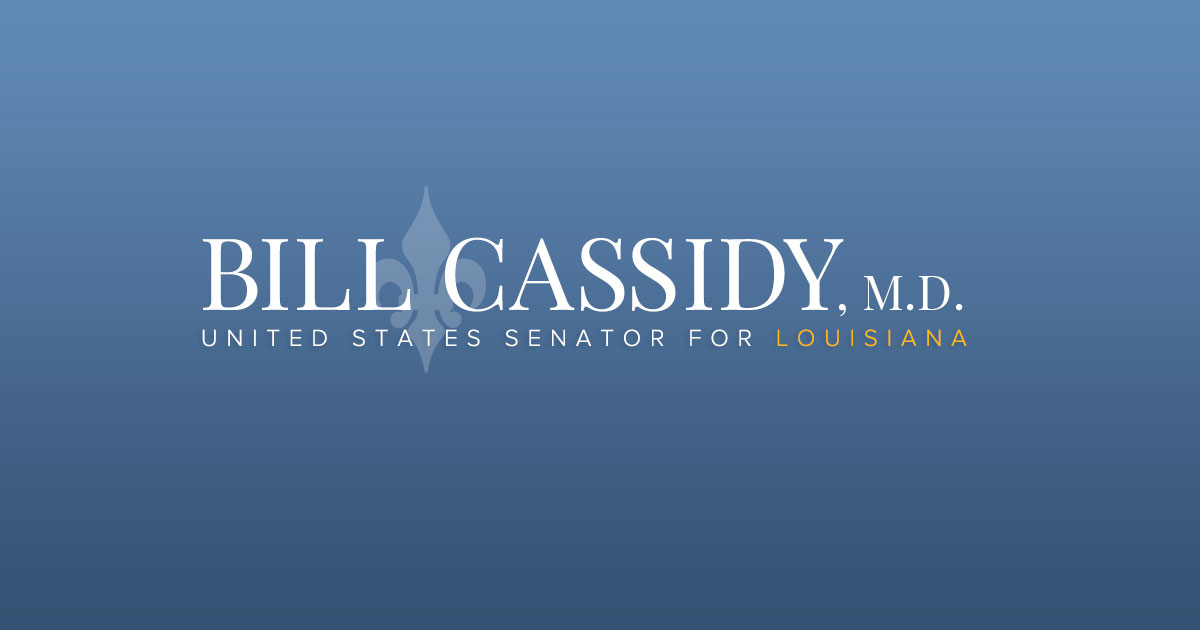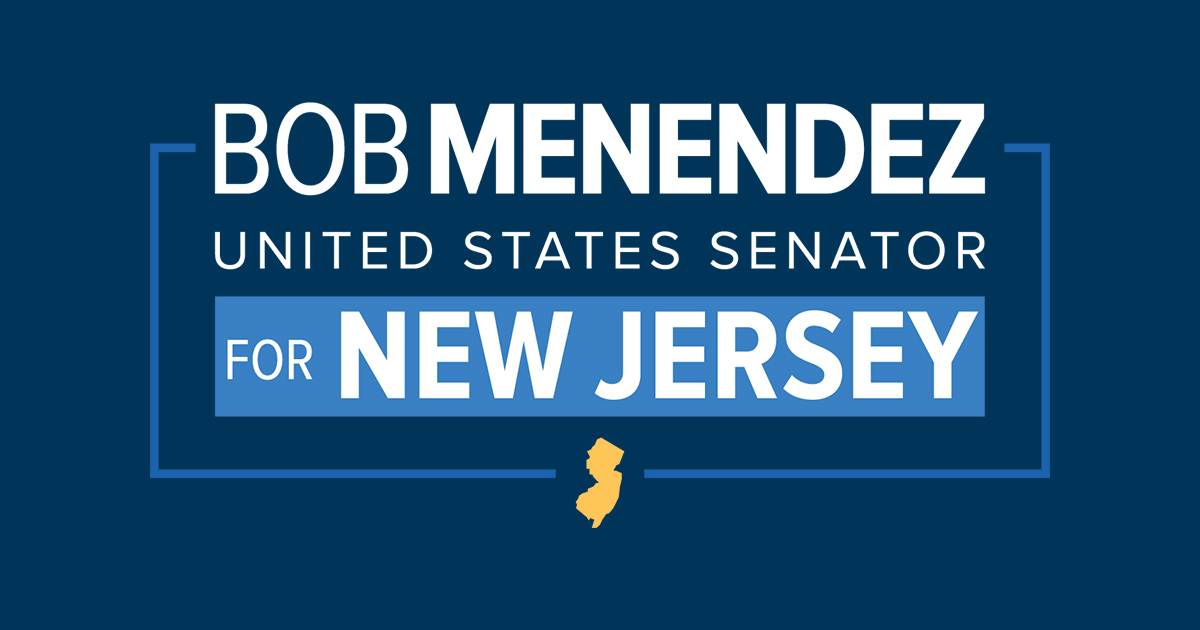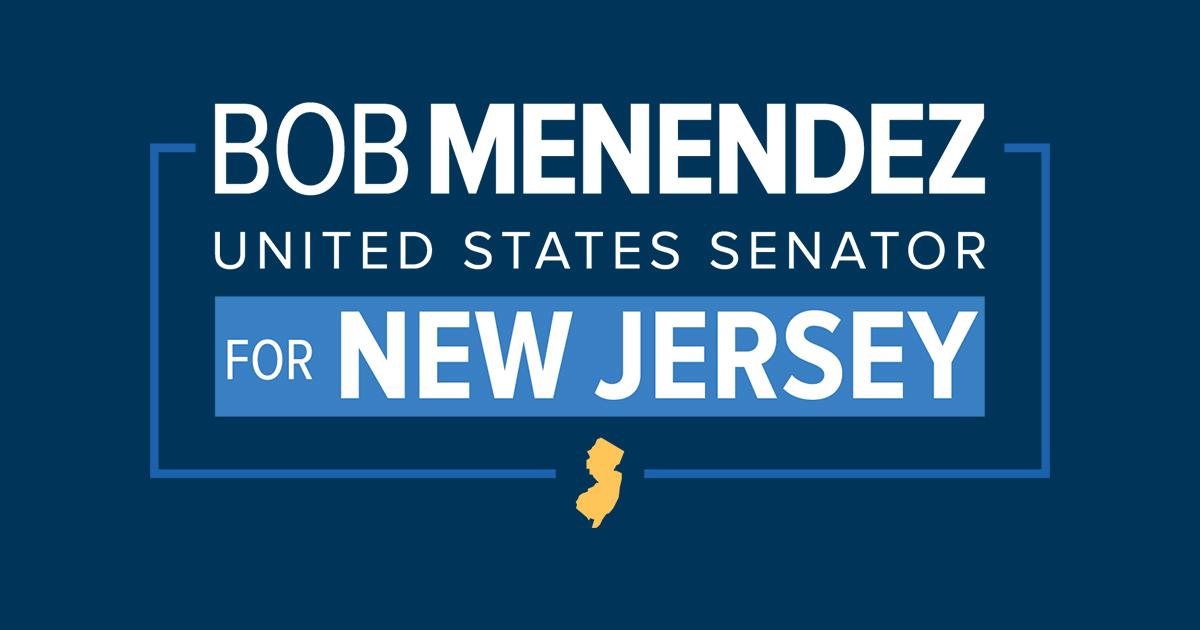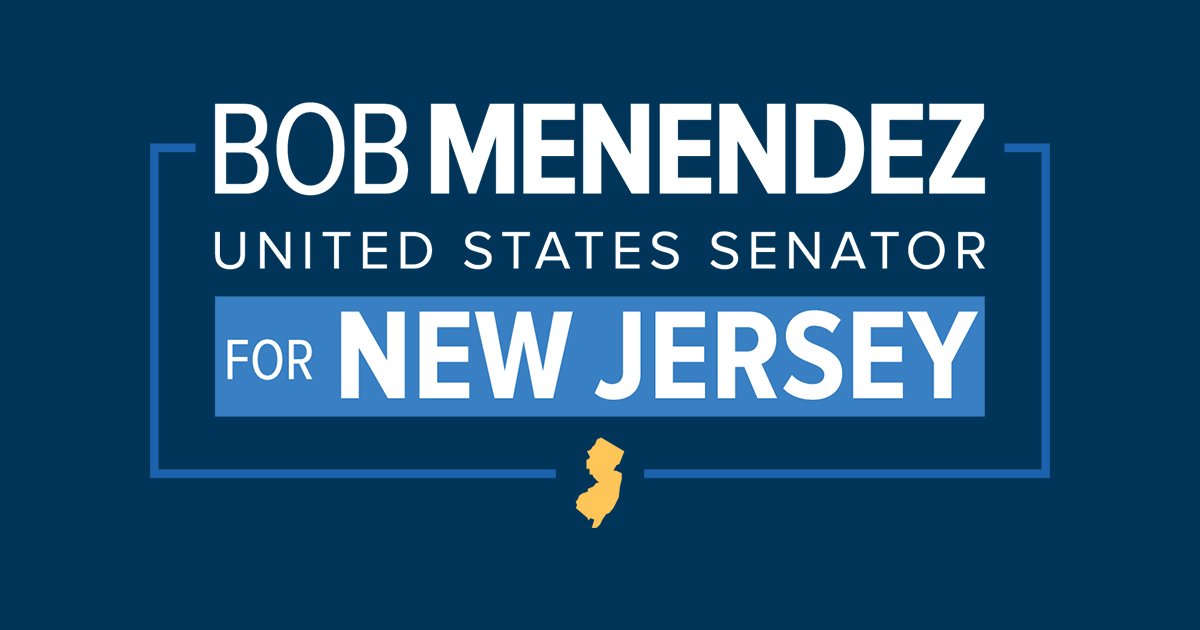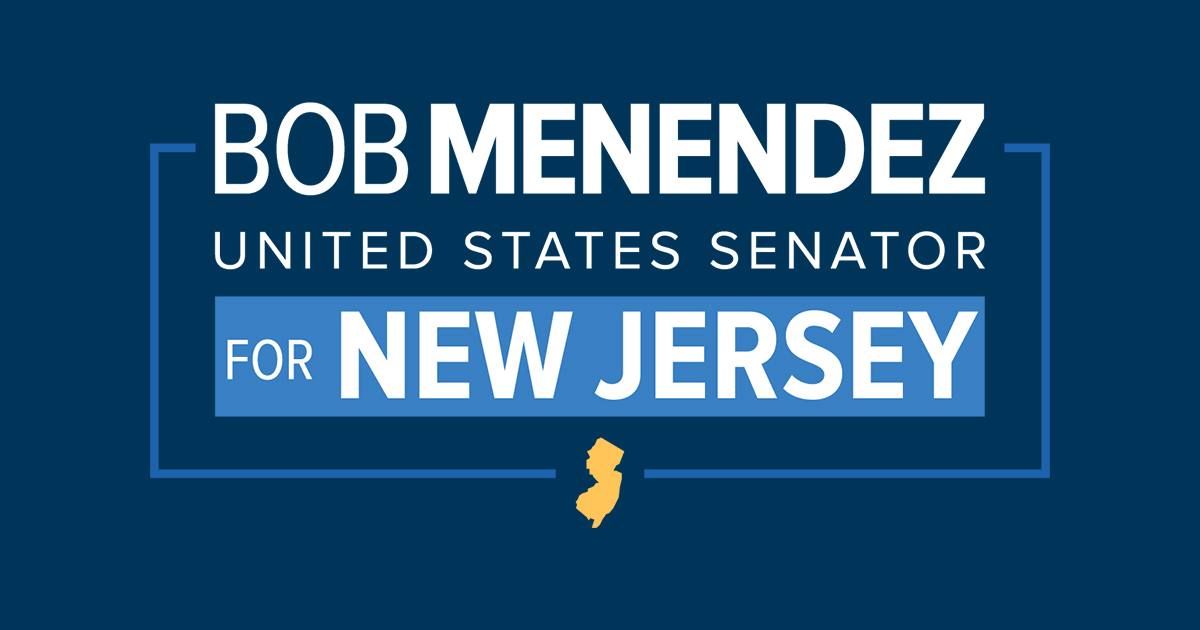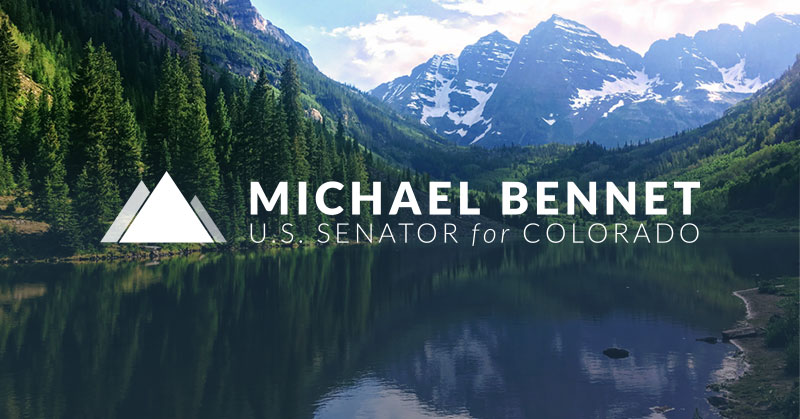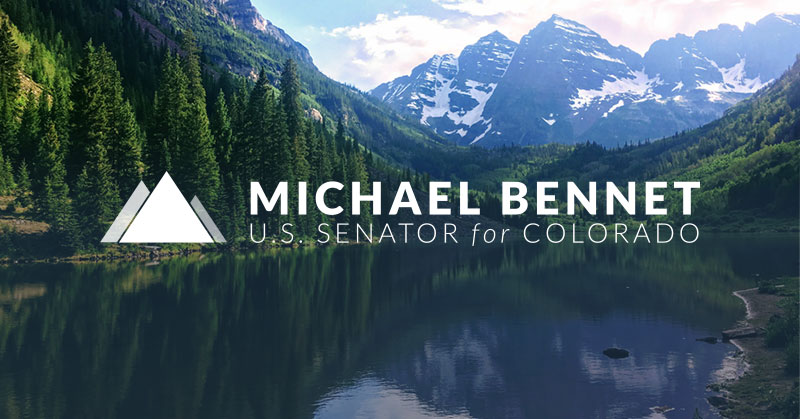Source: United States Senator for Colorado Michael Bennet
Denver — U.S. Senators Michael Bennet (D-Colo.), Chairman of the U.S. Senate Agriculture Committee’s Subcommittee on Conservation, Climate, Forestry, and Natural Resources, and Jeff Merkley (D-Ore.) sent a letter to U.S. Forest Service Chief Randy Moore highlighting the significance of Tribal stewardship over lands and waters that make up the National Forest System, and the need to continue collaborative participation from Tribal leadership and governments and the federal government. In their letter, the senators request the development of a policy for Tribal co-management and stewardship of federal forests and grasslands.
“For generations, Tribal nations have managed the lands and waters that now comprise the National Forest System,” wrote the senators. “These lands and waters are essential to their ways of life, and many Tribal governments exercise rights and interests on federal lands – to hunt, fish, and gather. Furthermore, how the federal government manages these lands can have a direct impact on traditional natural resources.”
The senators highlighted an increase in wildfires, noting how these events can start on forest lands managed by the Forest Service and then cross over onto Tribal lands, threatening both Tribal communities and resources. In their letter, the senators note how Tribal governments across the country are pursuing opportunities to engage with the federal government to co-manage specific areas in order to either protect and enhance treaty resources, or exercise their off-reservation treaty rights.
The senators continued: “Developing co-management arrangements with Tribal nations is not only essential to fulfilling the Service’s trust and treaty obligations, but also is an opportunity to incorporate traditional ecological knowledge and practices into management. Tribal co-management can take many forms, which is why it is imperative that the Service have clear policies and procedures for honoring these requests.”
The full text of the letter is available HERE and below:
Dear Chief Moore:
We write today to request that the U.S. Forest Service engage in substantive Tribal consultation, using existing authorities, to develop a policy for Tribal co-management and co-stewardship of federal forests and grasslands under its jurisdiction.
For generations, Tribal nations have managed the lands and waters that now comprise the National Forest System. These lands and waters are essential to their ways of life, and many Tribal governments exercise rights and interests on federal lands – to hunt, fish, and gather. Furthermore, how the federal government manages these lands can have a direct impact on traditional natural resources. Wildfires, for example, that start on forest lands managed by the Forest Service can cross over on to tribal lands, putting communities and trust resources in jeopardy.
Today, Tribal governments across the country are seeking opportunities to engage with the federal government to co-manage specific areas to protect or enhance their treaty resources or to exercise their off-reservation treaty rights. Developing co-management arrangements with Tribal nations is not only essential to fulfilling the Service’s trust and treaty obligations, but also is an opportunity to incorporate traditional ecological knowledge and practices into management. Tribal co-management can take many forms, which is why it is imperative that the Service have clear policies and procedures for honoring these requests.
We appreciate the Forest Service’s ongoing work to implement congressional authorities to bring tribal expertise and capacity into forest health projects on federal lands.? These include the Tribal Forest Protection Act and subsequent contracting authorities, Good Neighbor Authority, Landscape Scale Restoration Program and others.
We applaud Secretaries Haaland and Vilsack’s Joint Secretarial Order 3403 that directs federal land management agencies, including the Forest Service, to manage federal lands in a “manner that seeks to protect the treaty, religious, subsistence, and cultural interests of federally recognized Indian Tribes including the Native Hawaiian Community.” On September 13, 2022, the Bureau of Land Management, National Park Service, and the U.S. Fish and Wildlife Service all released guidance documents outlining how the bureaus would facilitate co-management.
We encourage the Forest Service to initiate a process for engaging tribal perspectives on co-stewardship, making recommendations for statutory language to further the goals of co-stewardship and to better integrate the core principles of tribal co-stewardship into federal land management.
Thank you for your ongoing work with Indian tribes to improve and restore the health of tribal and federal forests nationwide.
Sincerely,
